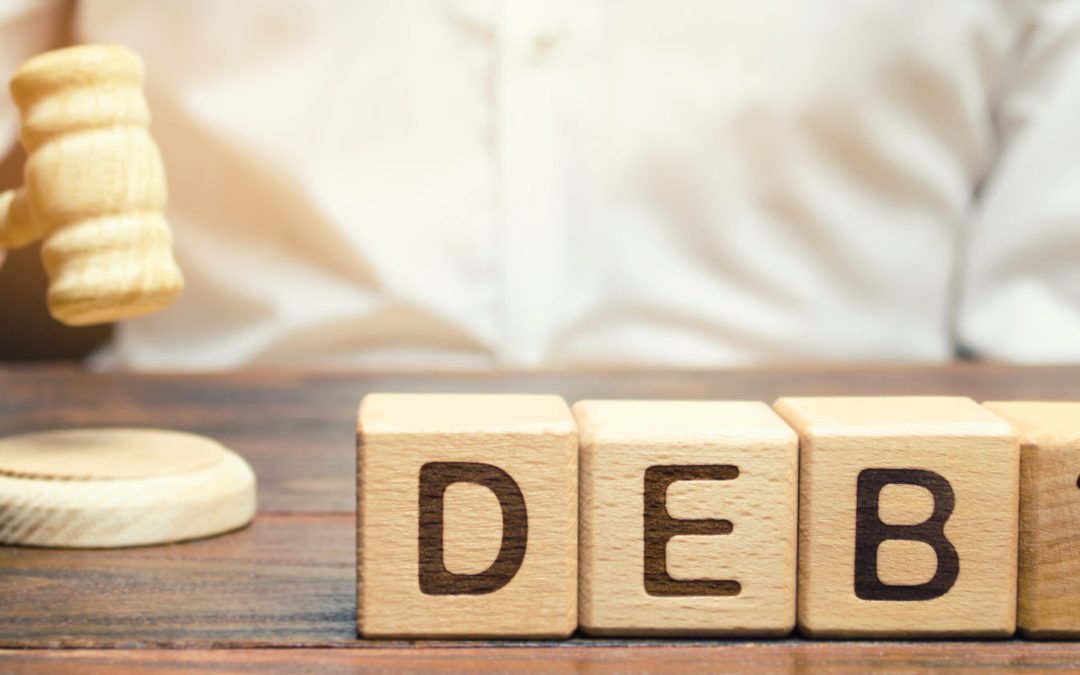If you’re running a trade business in Australia, you know that managing your cash flow can make or break your success. One of the smartest financial moves you can make is to pay off non-deductible debt first—especially if you’re juggling a mix of personal and business loans.
In this article, we’ll break down why this rule is so important, how it affects your tax bill, and what it means for everyday tradies and small business owners.
What Is Non-Deductible Debt?
Non-deductible debt is any loan or liability that does not give you a tax benefit. The most common example is your home mortgage. While it helps you build personal wealth, the interest you pay on your home loan can’t be claimed as a tax deduction.
Compare that to equipment finance, vehicle loans for work, or commercial property loans—these are often tax-deductible, meaning the interest you pay can be claimed as a business expense.
The Real Cost of Paying Personal Debt with After-Tax Dollars
Here’s the kicker: when you pay off your mortgage, you’re doing it with after-tax dollars. That means for every $100 you put toward your home loan, you may need to earn $142.86 (assuming a 30% tax rate).
Let’s break it down:
- You earn $130 in your business
- You pay 30% tax = $39
- You’re left with $91
- That won’t even cover a $100 repayment
You’re losing value every time you prioritise non-deductible debt over smarter options.
Why This Matters for Tradies and Small Business Owners
As a self-employed tradie or business owner, your after-tax dollars are hard-earned. You’ve probably got tools to buy, a ute to upgrade, staff to pay, and materials to order.
By focusing on repaying your personal mortgage before your small business loan, you’re missing the chance to:
- Reduce your taxable income
- Reinvest in revenue-generating assets
- Improve your working capital
Compare Two Scenarios
Scenario A: Pay extra into your mortgage
- You save 5–6% interest
- No tax deduction
- Your cash is locked in the house, not your business
Scenario B: Pay down deductible debt or reinvest in your business
- You save on tax (potentially 30%+ of interest)
- You may access small business tax incentives (like instant asset write-off)
- Your equipment generates income or improves efficiency
When It Makes Sense to Pay Off Your Mortgage First
Of course, there are times when paying off your mortgage makes sense—especially if:
- You’re nearing retirement and want to reduce personal financial risk
- Your business is stable and not in need of further investment
- You already have an emergency cash reserve for your business
But for most growing businesses, freeing up cash flow and reducing tax burdens should come first. That means prioritising deductible debt and business reinvestment before pouring money into your mortgage.
Final Thoughts
If you’re unsure whether to pay down debt, refinance, or reinvest—talk to a qualified accountant or business advisor. Smart debt decisions can unlock major tax savings and fuel your business growth.
Remember: your money works harder for you when it’s invested in something that pays you back—like a well-run business.

